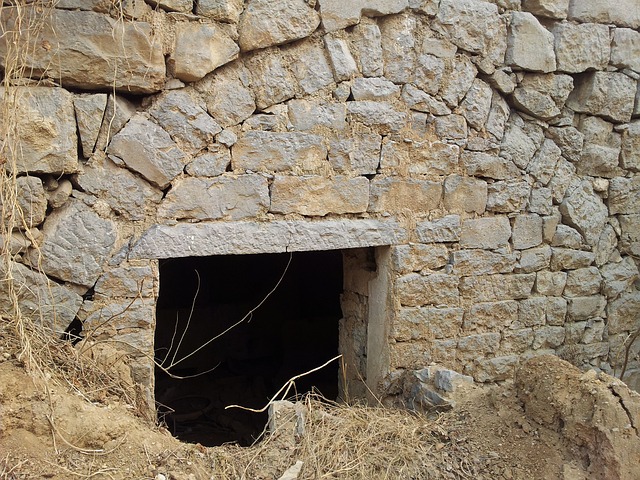On Monday, an official from a construction project in the ruins of Lajia in Qinghai province remarked that a heritage museum built on the ruins' location will be opened on April 28.
The museum will be a part of a themed park that would protect China's only prehistoric ruins of disasters which were discovered in 1981 in the upper portions of the Yellow River. The park started construction in July 2014 and is expected to be fully opened to the public by October according to Duo Xianying.
The site was known to the citizens as "Pompeii of China" because it was formed by an earthquake and flood from 4,000 years ago and covered an area of 680,000 square meters. It is also a prime location to locate examples of Qijia culture, which dates back from the Neolithic to the Bronze Age around 3,500 to 4,000 years ago.
Archaeologists found various relics in the area when it was discovered, including the world's oldest noodles which were inside a red pottery bowl. They said that it was made from grains from millet grass and used for sacrifice.
The site of Lajia also assisted archaeological breakthroughs for science. In August 2016, a team of Chinese and American scientists discovered geological evidences of an earthquake-triggered landslide which blocked the Yellow River 10,000 years ago, and eventually triggered one of the largest floods in the area. The flood area was examined and using radiocarbon dating on the skeletal remains of children who died at the earthquake, it was determined that the flood happened 1920 BC AC according to Wu Qinglong of Nanjing Normal University.
According to Wang Wei, head of the institute of archaeology at the Chinese Academy of Social Science, "Globally speaking, ruins left from natural disasters like the Lajia site are rare. Its value needs to be further explored. Many of China's heritage sites have been threatened by urbanization, and building parks can both preserve the sites and better engage the public."








